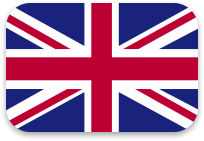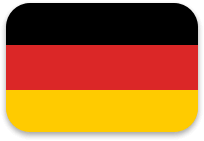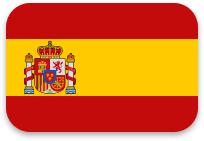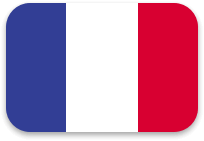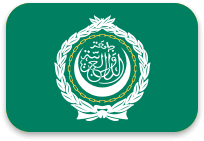The French are famous for doing things their way. Celebrating the winter holidays is no exception. From decorating the Christmas tree to cooking traditional food, the French add a unique flair to winter holidays.
Tholiday season starts with "Fête des Lumières" (the Festival of Lights), organized in Lyon at the beginning of December. Although not directly connected with Christmas, the festival opens the season of giving. The event has religious origins. To honor Mary, the mother of Jesus, locals in Lyon used to light a candle by the window - a tradition they still keep. The result is a spectacular display of lights and a four-day celebration with more elaborate light shows.
French Christmas Traditions
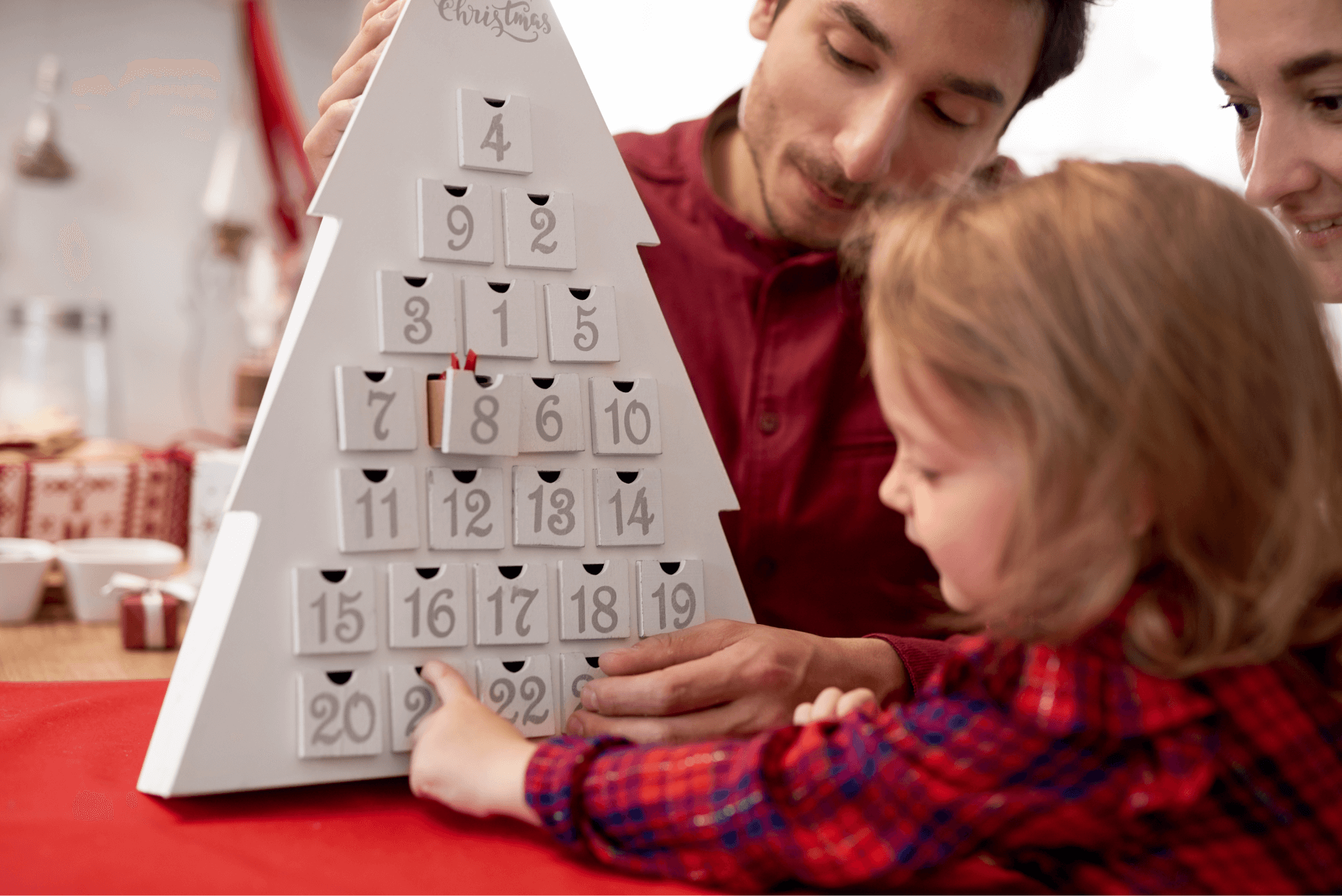
The French celebrate Christmas on December 25. The Christmas season is characterized by a festive atmosphere, with nativity scenes, "marchés de Noël" (Christmas markets), customs, and traditional food and beverages.
Advent Calendar
French children get to open advent calendars, which are increasingly popular worldwide. However, it's not a French tradition; the trend caught on relatively fast. Advent calendars usually include 24 small boxes, each associated with a day in December. Children open one every day, revealing a small treat or a toy. Some versions include biblical stories or nativity scenes. These calendars help French families to count down to Christmas. Although primarily bought for children, advent calendars are also available for grown-ups.
Saint Nicholas
The holiday celebrating Saint Nicholas is held yearly on December 6. The main character is the protector of children and patron saint of sailors and merchants. Children look forward to this day, arranging their shoes by the fireplace in anticipation of treats and small gifts. Children who have misbehaved may receive a stick, similar to the traditional coal that Santa would leave as a punishment.
The records associated with Saint Nicholas date back to the 3rd century. He was a bishop who acted as a protector of children. His generosity prompted numerous legends, and his character gradually gained popularity and inspired Santa Claus.
Père Noël and Père Fouettard
Father Christmas or Santa Claus is known as "Père Noël" in France. He is represented as a jolly older man wearing a red suit and bringing gifts to children on Christmas Eve. There is one more character, though, "Père Fouettard" (Father Whipper), whose role is to punish naughty children. In some legends, "Père Fouettard" used to accompany "Père Noël" on his gift-distributing journey, warning children to be well-behaved throughout the year. Nowadays, the tradition of Père Fouettard is somewhat lost.
Letters from Santa
A unique tradition for French children is to get responses to their Christmas letters. The kids who send their letters to Santa earlier in December get a postcard from Santa or his elves. No stamps are needed; the letters can be in French or English, mention "Père Noël" on the envelope, and have an address on the back.
The initiative started with a few postmen and was later scaled by La Poste - the French mail service. In 1962, the French issued a law stipulating that all letters addressed to Santa through the French mail service must be replied to. Senders get back postcards from Santa or his elves. There are designated mailboxes for these letters, and volunteers such as writers help craft the text for the letters every year.
French Christmas Markets
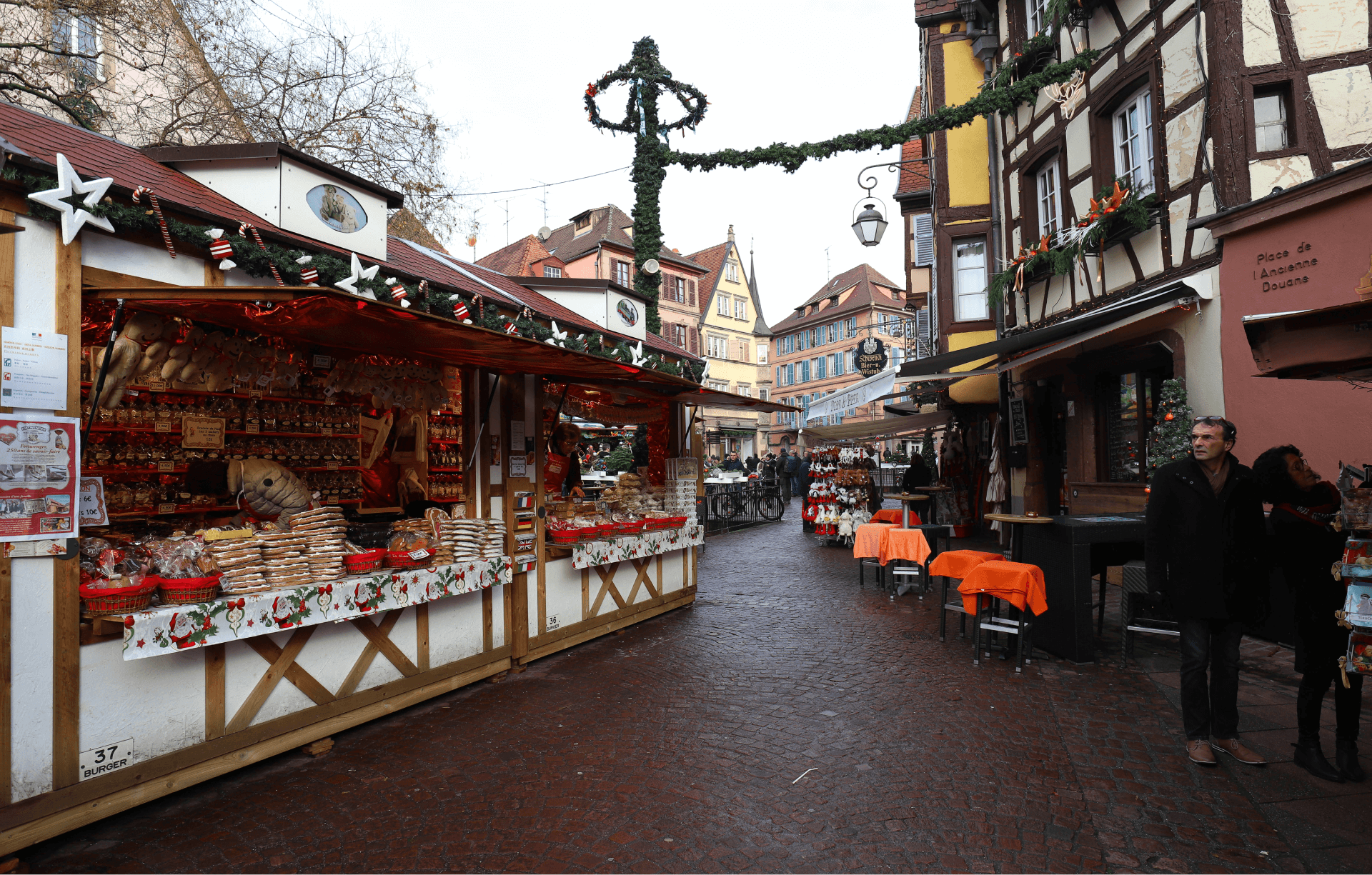
Like many European cities, France sparkles with numerous Christmas markets typically available throughout December. You can see a "marché de Noël" in any town, big or small. They are made of small shops and stands featuring fairy lights and the nativity scene, "crèche de Noël." The local municipalities usually organize these open-air markets. They present an excellent opportunity for local businesses and artisans to sell their products. Since the tradition originated in Germany, the French region, Alsace, closer to the German border, holds the most famous Christmas markets. In particular, the ones in Strasbourg attract millions of tourists every year.
Locals and visitors can buy Christmas decorations, regional or handmade crafts, festive decorations, and small presents. Of course the traditional biscuits, "vin chaud" (mulled wine, the equivalent of the Swedish "glögg" and the German "glühwein"), "gâteaux" (cakes), "la tartelette de Noël" (mince pie), "tarte flambée" (traditional Alsacian flatbread with topping), and more.
The French capital, Paris, hosts some of the most beautiful Christmas markets. The one at Trocadéro is famous with French people and tourists alike due to its decorations in the Christmas spirit, artisanal gifts, and traditional treats.
Speak a new language with confidence!
Build fluency faster with FunEasyLearn — just 10 minutes a day is enough to make real progress.
The Christmas Tree
The tradition of the Christmas tree, or "sapin de Noël," in France comes from the Alsace region. Usually placed in the living room, French families often decorate it with Christmas lights, garlands, handmade ornaments, and shiny globes. Some families keep their Christmas trees until January 6. That's the Epiphany ("La Fête des Rois"), celebrating the arrival of the Three Wise Men. In other households, a smaller tree is set up for the occasion.
Households also place a "crèche de Noël" - a nativity scene with sculptures representing Mary, Joseph, and baby Jesus - near the Christmas tree. Traditionally, these displays are kept 40 days after Christmas, when the French celebrate "La Chandeleur" (Candlemass).
Christmas Eve
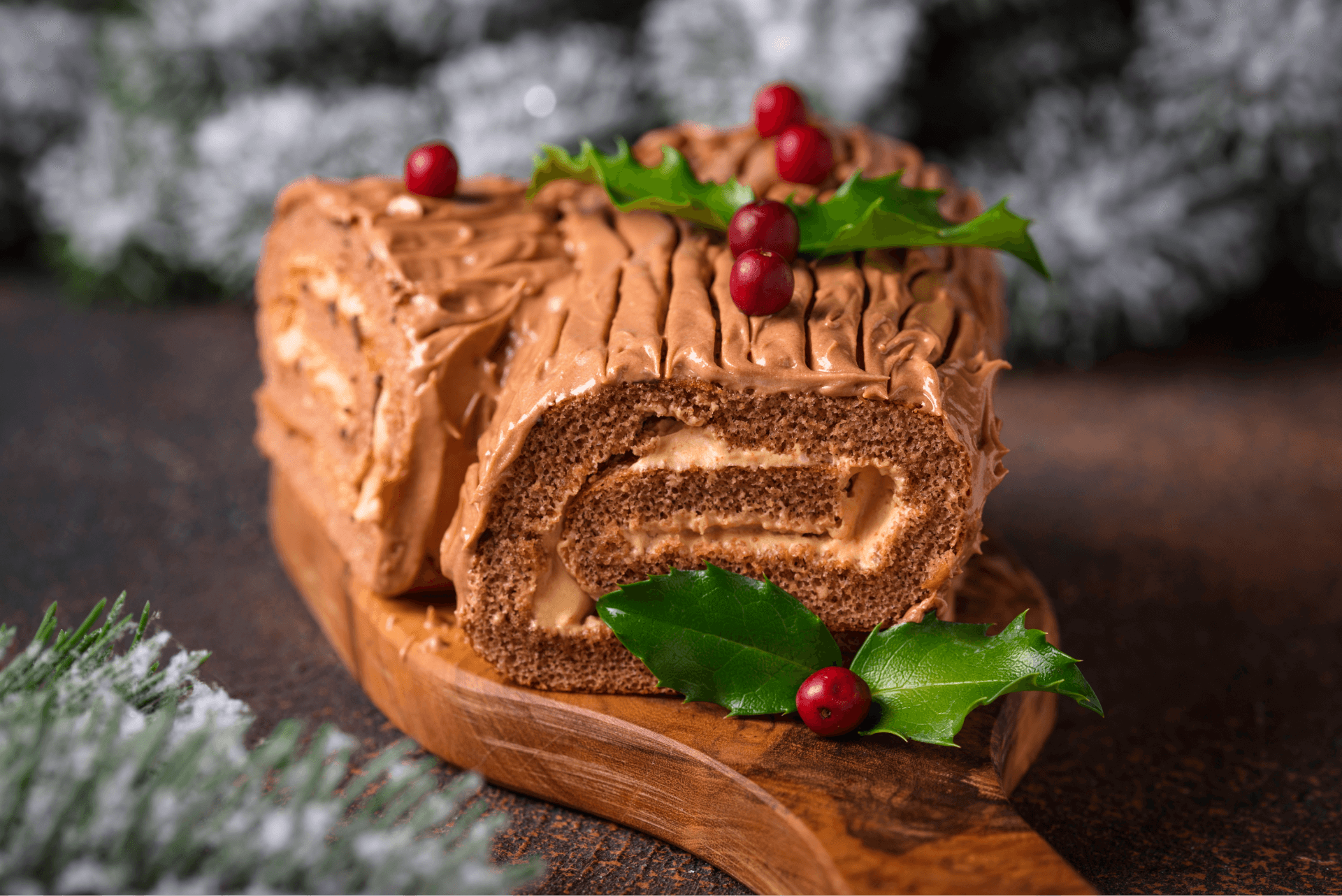
Le Réveillon de Noël is typically celebrated with a Christmas Eve dinner, where traditional French Christmas food is served. The dishes include appetizers such as fresh oysters and "foie gras" and main courses like roast turkey or stuffed duck. Roasted chestnuts are a traditional Christmas side dish. Seafood is also common at the dinner table, especially in the coastal regions. Dishes include smoked salmon, lobster, and scallops. "La bûche de Noël" is a traditional Christmas dessert. The dessert is a chocolate sponge cake log, essentially a cake shaped like a Yule log.
In the Provence region in southern France, it's traditional to eat 13 desserts on Christmas day. The number symbolizes Jesus and the 12 apostles. Like many French Christmas traditions, it adds flair to the Christmas celebration. Tourists can indulge in regional delicacies by visiting Christmas markets in different areas.
One of the Christmas traditions is attending the Midnight Mass ("Messe de Minuit") at the local church. In some households, children find and open the Christmas gifts upon their return from the mass. Other families prefer to unwrap the presents on Christmas morning.
French Christmas Vocabulary
Experience the French festive season with key phrases and expressions you can use around the holidays. Impress your friends, family, or coworkers with a heartfelt "Joyeux Noël" on Christmas.
| French | English |
|---|---|
| Sapin de Noël | Christmas Tree |
| Réveillon de Noël | Christmas Eve |
| Père Noël | Santa Claus |
| Joyeux Noël | Merry Christmas |
| Joyeux Noël et bonne année ! | Merry Christmas and a Happy New Year! |
| Joyeuses Fêtes | Happy Holidays |
| Esprit de Noël | Christmas spirit |
| Décorations de Noël | Christmas decorations |
| Lumières de Noël | Christmas lights |
| Carte de Noël | Christmas card |
| Cadeaux de Noël | Christmas presents |
| Joyeuses fêtes de fin d’année | Happy end-of-the-year holidays |
Master French with FunEasyLearn
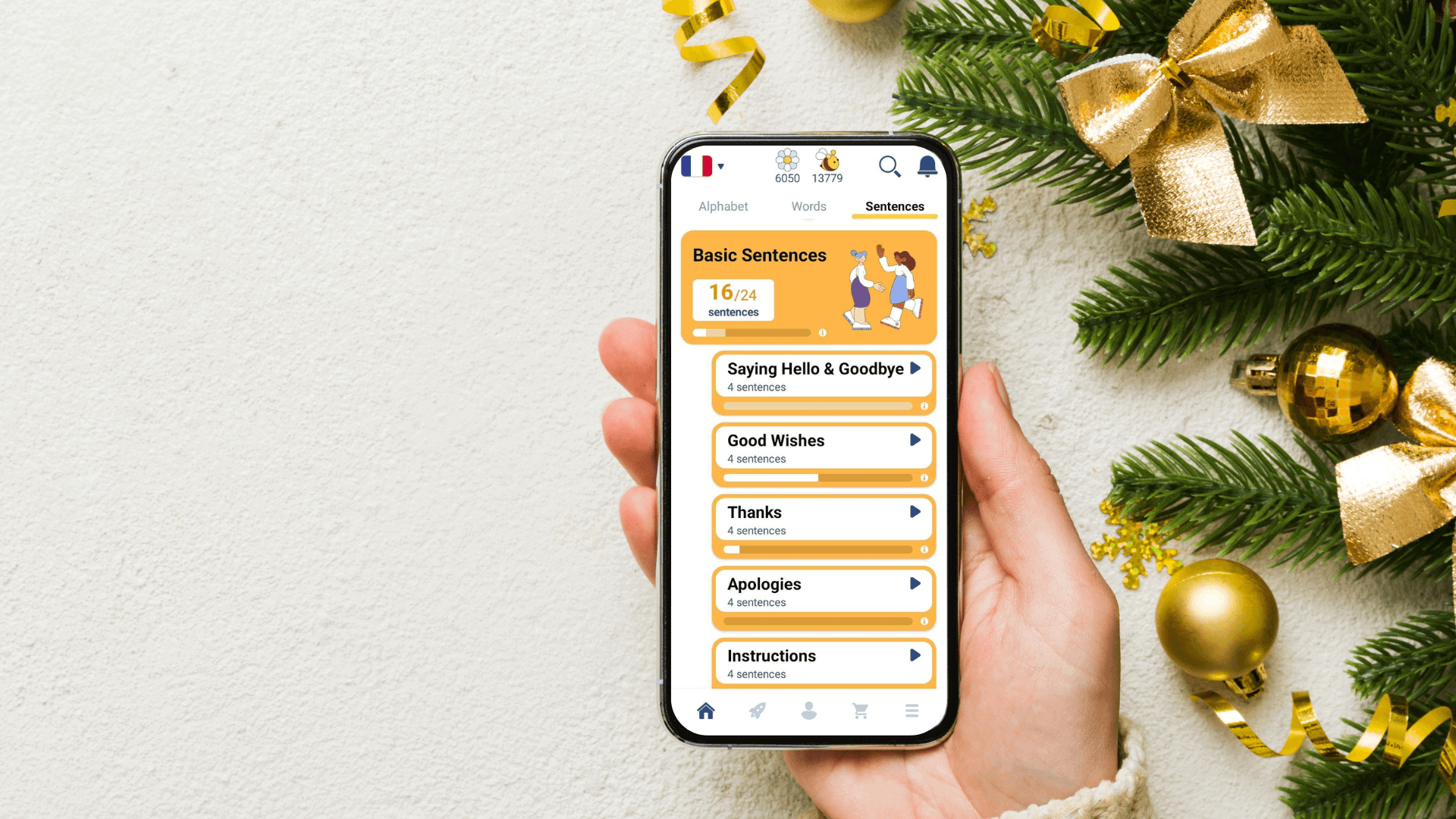
Learn French for a deeper dive into one of the richest cultures in Europe. As a language that has influenced English, learning French is relatively easy for English speakers to grasp. You will find many similarities, especially when it comes to vocabulary. The word stress is placed on the last full syllable, making pronunciation straightforward. French is a popular foreign language to learn, opening a wealth of opportunities from international business to accessing French films, music, and literature in the original.
Some of the features French learners enjoy include:
🔉 300,000 audio files recorded by native French actors in professional studios - contributing to a beautiful, correct pronunciation;
🎮 30+ learning games that facilitate memorizing new words and phrases;
🏕️ An offline mode that makes language learning accessible anywhere, anytime;
⏳ Zero ads for all plans, helping learners save time, focus, and retain the new vocabulary without distractions.
The French course has three main sections: alphabet, words, and sentences.
Alphabet. Master the French pronunciation of each letter of the alphabet. Spell your name confidently when you make reservations for your next vacation in France.
Words. Build a strong French vocabulary with 6,000 high-frequency words and over 5,000 phrases across 350 topics and subtopics.
Sentences. Learn to speak fluently with practical sentences that build robust communication skills. Progress through the 10 proficiency levels aligned with the CEFR (Common European Framework of Reference for Languages).
Are you ready to learn French?

